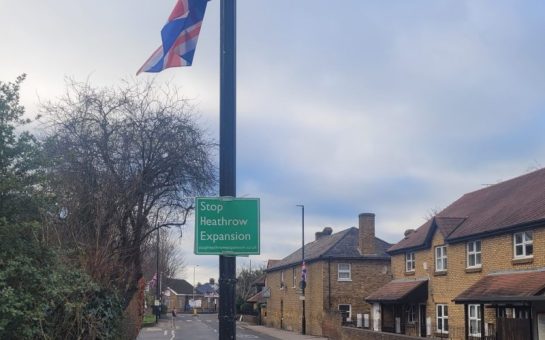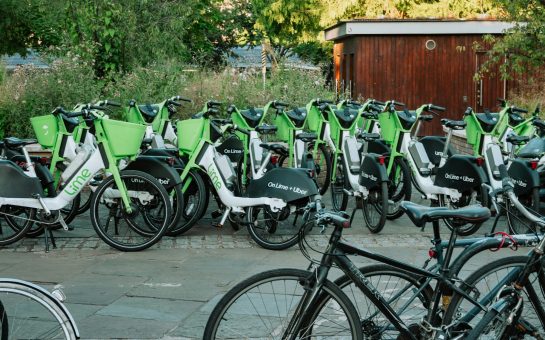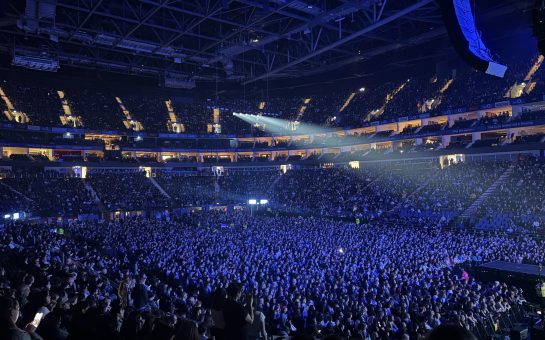It’s nearly 2024 and all I’ve learnt this year is that relationships are out and situationships are in.
As far as I know, the term situationship has been coined by Gen Z to reinvent ‘it’s complicated’. It’s everything that a conventional relationship is, but leaves the label behind and yes, it’s equally as hard to get over – if not harder.
Miss Date Doctor (M. D. D.) is a London based life coaching and counselling consultancy that has a professional take on this ‘epidemic’. Founder Nia Willams has gone as far to offer a ‘situationship package’ to give specialist advice to people who keep ending up in these unofficial relationships. She defines the term as a casual relationship that you can’t get anything serious from and uses the example, when someone is unwilling to commit to you or you are not meeting certain requirements, whether this is to do with their family, social standing or image.
She also said: “But it can also just be fear. People can just have commitment phobias.”

So why do singletons, particularly from Gen Z, keep ending up in this type of relationship and why is it a problem? Well, there seems to be a lot to it. Commitment issues being one of them, but this isn’t anything new. Decades of generations have faced the ‘it’s not you, it’s me’ brush off, but I think the larger problem is people mistaking infatuation for love.
Hayley Quinn, a certified dating coach who runs her own consultancy for men and women, explains ‘infatuation’ as meeting someone you have chemistry with and are physically attracted to, to the point where you idealise them. She says you can put your crush on a pedestal before you even get to know them which makes these types of relationships unsustainable – over time the reality of the relationship will collide with this fantasy you’ve made from when you first met them.

Infatuation has also been defined as irrational feelings, euphoria, lust and shallowness in a Verywell Mind article. So if being left on delivered significantly ruins your day, recognise that this is not love, it is infatuation and the most important thing is, ‘if he wanted to, he would’.
I guess for some people it is more fun to have something going on rather than nothing – even if it is marginally toxic. But that’s what can make dating apps so fun. Nia phrased it as, if you have no plans this weekend, and fancy a quick drink, all you have to do is log back into Hinge and find a new match.
Some would say it is great to be a modern dater as you can literally hand pick your fish from the sea. On the contrary, this could be why Gen Z has such high expectations, because why settle for less? Especially when the London population has infinite access to different bars, workspaces, cafés or pubs. Maybe someone a little bit better is around the corner…
I think dating apps are partially responsible for slaughtering the chance of finding a genuine soul who might at LEAST take you for a drink and I would agree with Nia in blaming the digital dating culture for making brief and non-commitment interactions the norm.
Nia said: “If someone doesn’t feel an instant connection, they don’t see it as big of a deal as they would have many years ago. They just think: “Oh ok, I’ll go back onto an app or find someone to date this weekend”. This instant access to new potential suitors is simply too easy. She followed by saying that some of her Gen Z clients are going on dates up to four times a week, as well as working their 9-5 jobs.
She said: “‘I think the younger generation now, prioritise personal growth and self discovery. Situationships allow people to live their own lives with their friends and they can take care of their own needs and desires without conforming to societal relationship expectations.
“We, as women, have been taught don’t be desperate, don’t chase them”. But I question in a world of thriving feminism, are men still expected to be making all the moves?
Some of the most independent women I know still expect the man to make the first move and to pay for the first date, despite their strong feminist beliefs. Also, while we’re on this theme of feminism, I think women are much more cautious of bad traits to look out for – otherwise, in new terms referred to as ‘red flags’.
Nia said: “In this generation, with access to social media, there is so much awareness of narcissism, abuse, control and boundaries, that women particularly can become scared or overly cautious.”
While it is always better to be well informed, individuals are almost too scared of these things happening to allow themselves to be vulnerable. Nia supported this with the narrative: “I’m afraid that if I fall in love with you and give you my heart, what will you do with it? I don’t want to end up in a bad situation.” Often this fear of being left at any point, means people are putting a guard up to prevent themselves from getting hurt. Which subsequently lands you in a situationship.
I have scrolled through endless TikToks of people talking about their situationships recently and the comment sections have basically become therapy groups for everyone who relates. A comment that stood out to me was: “Situationship is just a fancier way of saying I’ve settled for the bare minimum”. The replies on this comment then unravelled that there are people who have ‘settled’ for up to two years. TWO YEARS OF AN UNLABELED RELATIONSHIP? Surely you’re together at that point, no?
Well, no. Hayley said why it’s so important to establish what you are looking for from the start as otherwise you could find yourself chasing a dream. Which is how she would describe people who end up in these long-term situations with no means to ever commit.
I guess people believe that they can change someone’s mind if they stick it out long enough. Have you ever heard your friend say ‘yeah but he’s different with me?’ Same.
But the reality is when the ‘delulu’ (a TikTok-made word to describe actively ignoring red-flags, to the point of delusion) ends and you never speak to this person ever again, it can be very hard to get over.
Hayley said that situationships in some cases can actually be harder to get over than real-functioning relationships.
She explains that this happens because in a relationship you have actually spent time finding points of incompatibility which makes it easier to come to terms with why the relationship has ended. Whereas with a situationship you have invested into a fantasy – something that you think could potentially have a great outcome, but it won’t.
In fancy terms this is called sunk-cost fallacy. Where you have put so much into the relationship – whether this be emotion, time or money, that you want to see a good outcome even though it is unlikely to happen.
If you find yourself saying ‘I always attract the wrong ones’, it’s likely that you are the problem.
Hayley said: “We all have a choice about the relationships we choose to be involved with. If someone says they’re not looking for a relationship then you are going to listen to them, even if you feel a strong connection, you will choose to move on.”
This can obviously be hard for people to do and from social media posts, it’s clear Gen Z aren’t very good at it.
Hayley said: “Relationships happen everyday, if this isn’t happening for you then you need to be firmer about what your standards and boundaries are. You need to be more comfortable with being alone and not needing a situation to make your life exciting or fun.”
Hayley hosts a real world dating event which happens every month in London. Secret Place is put on for women and Training Day is held for men. The aim is to teach people real life dating skills by putting them in a real world situation.
For more information: https://www.hayleyquinn.com/women/secret-place/ https://www.hayleyquinn.com/men/trainingday/
For more information on Miss Date Doctor’s Situationship Package: https://relationshipsmdd.com/?s=Why+do+i+always+end+up+in+situationships+package+





